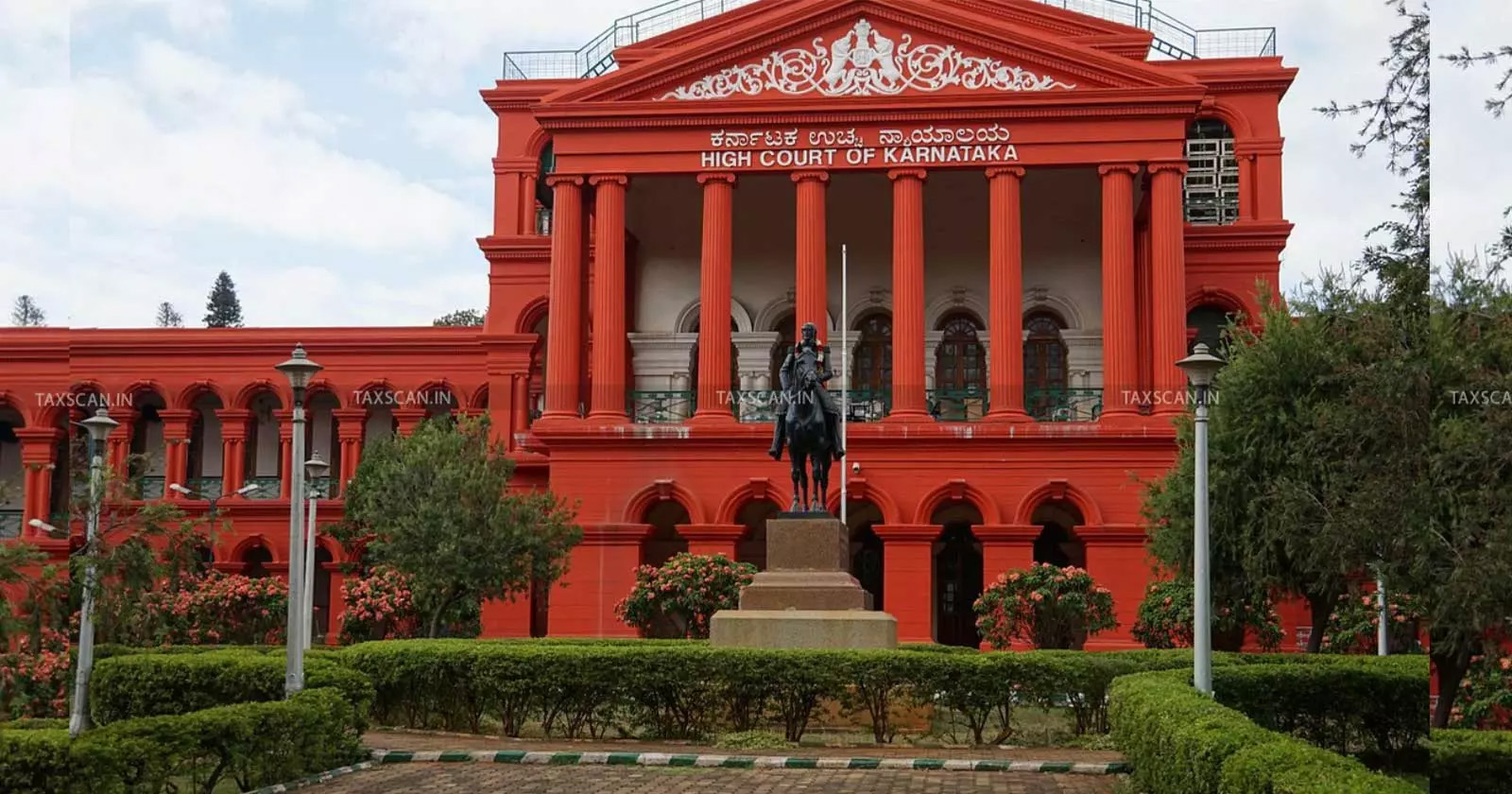Revenue Fails to Prove Bags Were Polyethylene Instead of Polypropylene: CESTAT Quashes ₹5,43,963 Excise Duty Demand [Read Order]
CESTAT quashes Rs. 5,43,963 excise duty demand against Sidharth Polysacks as Revenue failed to prove bags were polyethylene instead of polypropylene.
![Revenue Fails to Prove Bags Were Polyethylene Instead of Polypropylene: CESTAT Quashes ₹5,43,963 Excise Duty Demand [Read Order] Revenue Fails to Prove Bags Were Polyethylene Instead of Polypropylene: CESTAT Quashes ₹5,43,963 Excise Duty Demand [Read Order]](https://images.taxscan.in/h-upload/2025/09/19/2088564-excise-duty-taxscan.webp)
The New Delhi Bench of the Customs, Excise, and Service Tax Appellate Tribunal (CESTAT) ruled that excise duty demand of Rs. 5,43,963 could not be sustained as the Revenue had no evidence to prove that the bags manufactured by the appellant were polyethylene and not polypropylene.
Sidharth Polysacks Pvt. Ltd., the appellant, is engaged in the manufacture of polypropylene and HDPE bags. During audit, the department alleged that in January 2016 the appellant cleared bags to M.P. State Civil Supplies Corporation Ltd. at a concessional rate of 12.5% by classifying them under CETH 39232900, whereas the correct classification was under CETH 39232100 with a higher rate of 15%.
Master the Latest Amendments in Income Tax Act Click here
 Also Read:Refund Sought for Differential GST Paid on Works Contracts Executed under VAT Regime: Karnataka HC Allows Reimbursement to Mycon Constructions [Read Order]
Also Read:Refund Sought for Differential GST Paid on Works Contracts Executed under VAT Regime: Karnataka HC Allows Reimbursement to Mycon Constructions [Read Order]
A show cause notice was issued in January 2019, and the adjudicating authority confirmed the duty demand with interest and penalty. The Commissioner (Appeals) upheld the order in January 2021. Aggrieved, the appellant filed an appeal before the tribunal.
The appellant’s counsel argued that the company purchased polypropylene granules only from Reliance Industries and never purchased polyethylene polymers. The counsel submitted that the orders placed by M.P. State Civil Supplies Corporation were specifically for polypropylene bags, which were duly manufactured and supplied.
They further argued that the appellant regularly filed ER-1 returns, was subject to periodic audits, and there was no suppression or intent to evade duty. They explained that the show cause notice, being based on audit, could not justify invoking the extended limitation period.
The revenue counsel argued that polypropylene is related to polyethylene and both types of bags fall under CETH 39232100. They argued that the appellant suppressed the fact of clearance to non-industrial consumers, which came to light only during audit. They pointed out that the extended period was correctly invoked to demand duty and impose penalty.
Want a deeper insight into the Income Tax Bill, 2025? Click here
 Also Read:Customs Duty on Bulk Liquid Imports to Be Based on Shore Tank Quantity: CESTAT Directs Apply Relevant Laws at Time of Import If Data is Missing [Read Order]
Also Read:Customs Duty on Bulk Liquid Imports to Be Based on Shore Tank Quantity: CESTAT Directs Apply Relevant Laws at Time of Import If Data is Missing [Read Order]
The division bench comprising Judicial Member P. Dinesha and Technical Member P. Anjani Kumar observed that the Revenue had not conducted any tests to prove that the bags were polyethylene and not polypropylene.
The tribunal observed that the purchase orders clearly mentioned polypropylene bags, and the appellant purchased only polypropylene granules. The allegation was not supported by evidence.
On limitation, the tribunal pointed out that the appellant had been filing ER-1 returns regularly and the department could have examined the classification earlier. Simply detecting the issue in audit could not establish suppression.
The tribunal explained that in the absence of proof regarding classification and with no grounds to invoke the extended period, the demand could not survive. The appeal was allowed with consequential relief.
Support our journalism by subscribing to Taxscanpremium. Follow us on Telegram for quick updates


